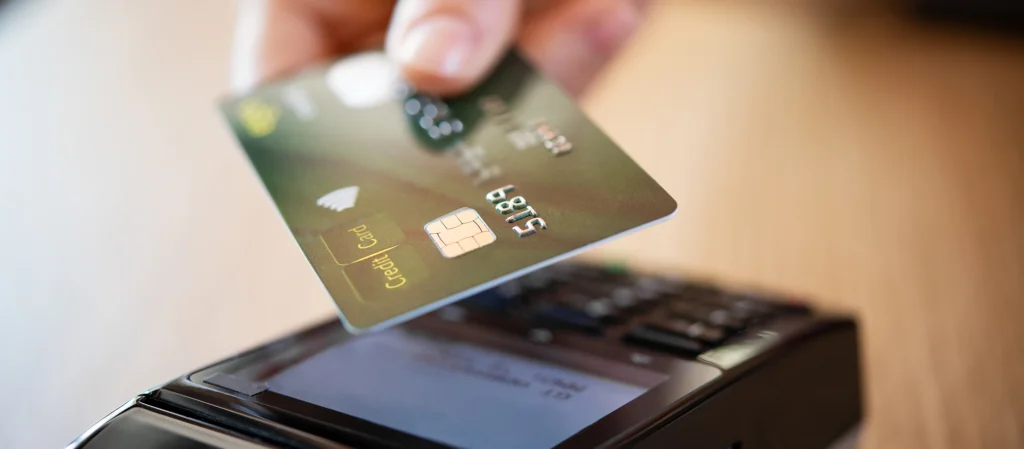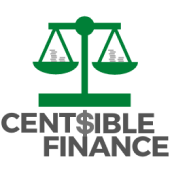
I think the last time I went in depth on credit was nearly a year ago, when I shared the surprising fact that you can actually get approved for a mortgage without a credit score. As a refresher, I explained that, instead of using a computer model, some lenders have an actual person look at information such as, your employment history, income, and your track record for paying recurring bills (rent, phone, utilities, etc.). Then they can decide whether to approve you for a loan. I bring this up today because the last time I shared on this topic, I said that I went from using credit cards every month… to using none at all. Why? Because even though I was paying the full balance every month, I knew I was spending more than I would have had I used cash or debit, instead. And I was not about to let the false sense of buying power credit gives, only to walk a fine line. But this year, I learned something else… An Exception to Every Rule Now, although I still would never recommend credit cards just for the heck of it, I have learned that having at least one just in case is wise. There’s a reason why they say there’s an exception to every rule. Not everything is black and white. Let me give you an example… A few months ago, I was attending a conference out of town and decided to rent a car. When I made the reservation, I used my debit card. But when I showed up to pick up the car, the front desk required placing a hold on the card, as well as a credit check. Apparently, this is a commonplace policy across rental car companies for debit card users. If you’re using a credit card, however, they require no extra legwork. Long story short, I ended up using my credit card to pay for the rental. It was much less hassle. Another example… My husband and I went on a cruise earlier this year. When we came back, we noticed that everything we had already paid for was charged again to the debit card we had on file. And when we called the cruise line, customer service explained that it wasn’t a charge but a hold. On our end it wasn’t just a “hold.” The money was already taken out of our account. And even though we explained that, the best the customer service rep could do was tell us the hold would be removed within seven to 10 business days. She was right, but it was extremely annoying to have to wait an entire week to see the money back in our account. Lesson learned: With travel companies or similar ones, we’ve decided it’s more convenient and less complicated to use credit. Time and Place for Everything Does this mean we’re using credit cards every month? Absolutely not. But there’s a time and a place for everything. About 99% of the time, we have no use for credit cards. But for the times it’s easier to use them, we will. And we’ll pay the balance immediately to avoid interest. (We’ll go over interest another time.) Like I said, there’s a very fine line with credit. Just one bad day combined with a credit limit above what you can afford can push you into debt—or further into it—that can be hard to climb out of. And there’s no reason to go into debt just to prove you’re a good borrower. Especially when we know now that a credit history isn’t required for someone to get approved for a mortgage. Don’t get me wrong. I’m not saying your credit doesn’t matter. It does. The reality is, several companies, institutions, employers, and landlords rely on your credit score. And if you’re getting ready to buy a home, I’m not saying that you shouldn’t go to a lender that uses the traditional approval process (the FICO credit score). Lenders who rely on the credit score may be quicker to give pre-approval. What I am saying is, people are sometimes willing to spend up to 83% more when using a credit card over cash, according to ValuePenguin. That’s like spending $915 instead of $500—a BIG difference. Can you afford that? Don’t ever be so concerned about your credit score, that you put yourself at risk of going into debt. In the end… it’s just not worth it.
With gratitude,

Melody C. Stampley, MS
Writer, Editor, Financial Coach

